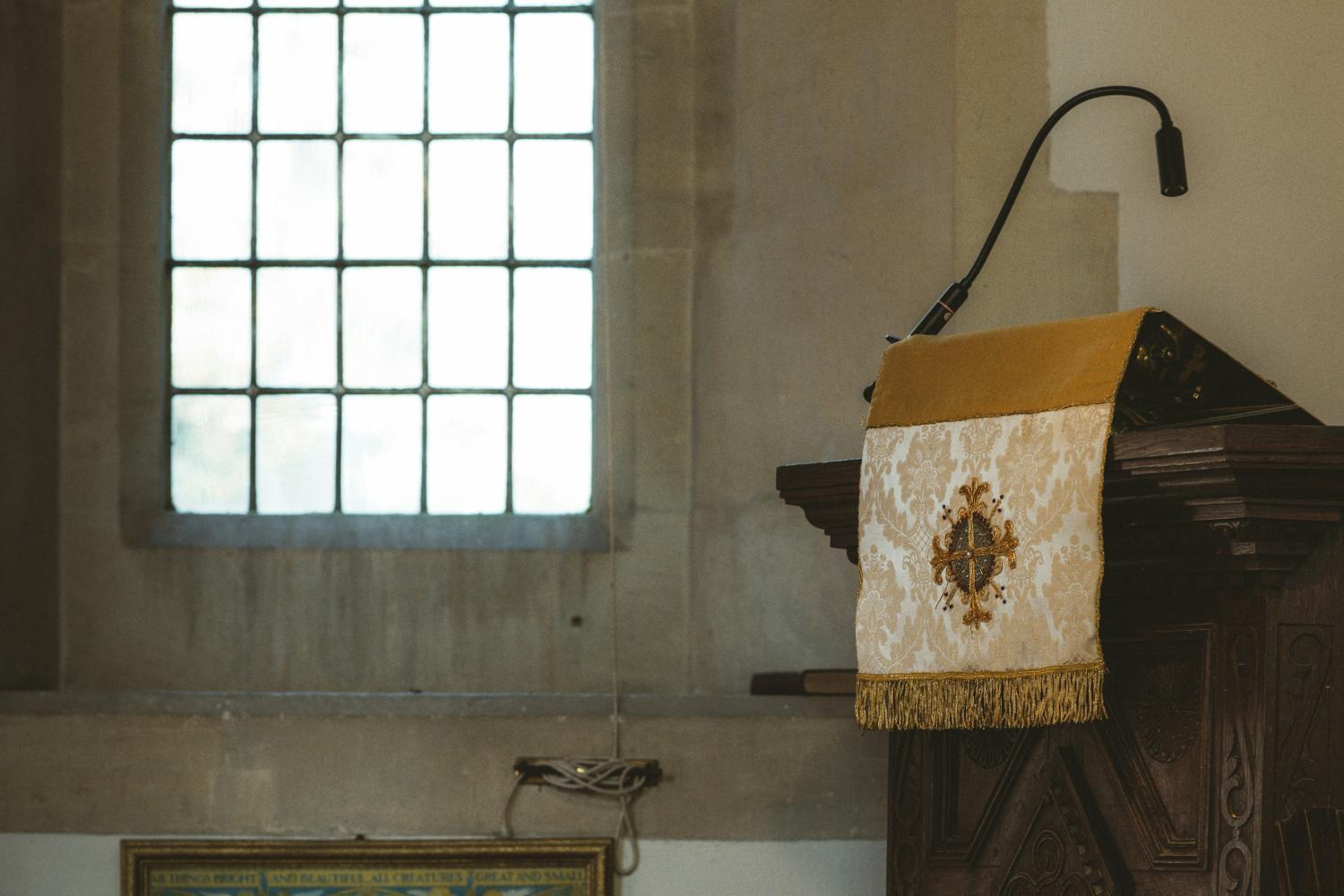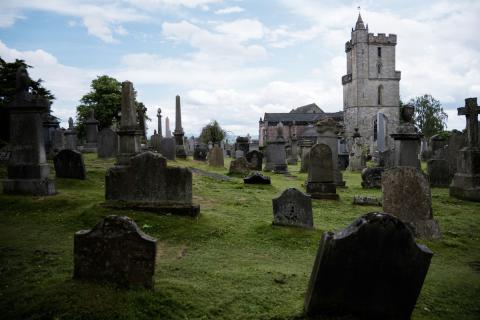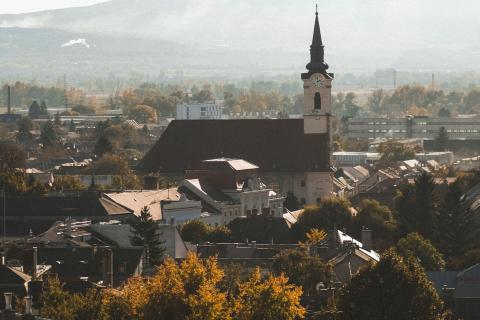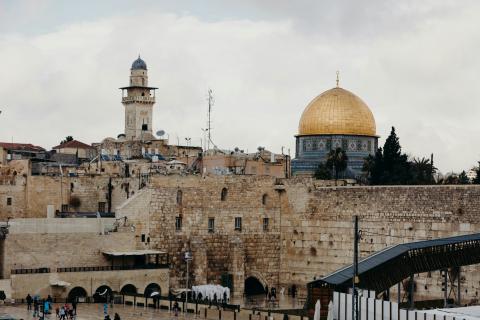
The persecution of Christians in Nigeria has been getting increased attention in the news recently. A site of horrifying violence and suffering, the threat of murder, kidnapping, and imprisonment by Islamist jihadist groups has cast a dark pall over the free practice of the faith in the country. In the first seven months of this year alone, an estimated 7,000 Christians have been killed.
The situation merits our prayers. It merits, also, our careful attention. For the clash happening is not one that’s isolated to Nigeria, or even Africa on the whole, alone. Across the globe, Christians and Muslims together make up over half of the world’s population, and in many places, their relationship isn’t one that squares very easily. Add to that the reality that Christianity and Islam aren’t the only major centers of culture and power that the world is more or less congealing around – we could put Western utopian Gnosticism on that list, too, along with China – and things begin to get even more hairy.
This seems especially so given a crisis point Islam appears to be building toward, particularly in its relationship precisely to one of those major centers of culture: namely, Western utopian Gnosticism. The mayoral election in New York is one sign of what seems to be brewing. One of its candidates, Zohran Mamdani, who is publicly faithful to his Muslim faith, boasts at the same time a fairly Western-utopian-Gnosticism-favoring agenda. His platform strongly advocates for LGBTQ rights, for instance, which isn’t exactly consistent with Islamist doctrine. But this is notably unusual, and not because Mamdani is the first to hold this collection of views. It’s unusual given the kind of religion Islam is. Rather than being primarily geared toward developing a sophisticated and true theology, or toward instantiating deep interior conversion in its followers, Islam is mainly a political and legal religion. It’s based in establishing itself as the ruling set of ideals in a given society. For someone to hold political views at odds with Islamic doctrine, then, and the kind of legal world it’s endeavoring to usher in, appears to be incoherent, in a way that’s waiting to be poked at.
But this isn’t the only bit of strangeness, in terms of Islamic touchpoints with Western progressivism: in Iran, enforcement of the “hijab law” has grown inconsistent, with more and more women refusing to wear it. In response, officials were at first inclined to reinstate even more binding hijab and “chastity laws.” But since, they’ve been reticent to do so, with popular opinion (among women, at least) growing less and less on their side. Even so, it’s not likely that their reticence is a sign of detachment – how to reassert power on such a matter is a question that surely remains in play.
So what does all of that have to do with Christians in Nigeria? Already, these four major cultural centers are jostling for influence on the world stage. Sometimes that jostling is a bit uncomfortable or a bit heated: in the increasingly polarized views of Western utopian Gnosticism devotees and Christian conservatives in America, for instance; or in the mutual wariness American Christians and Muslims still can be found holding toward each other. But other times, it’s not just heated but violent: in the case of our Nigerian brothers and sisters suffering sometimes unspeakable loss and tragedy. But with an added layer of confusion surrounding what Islam’s internal political ideals are or will be or must be, that violence may become more a “rule” than an exception. There’s a latent volatility hovering within that confusion, and hovering in the zone of contact between Islam and the West and the possible transformation of ideals that may result. And that latent volatility risks making the kind of conflict being borne in Nigeria even more hostile, and even more widespread – Islam’s negotiations with its own internal politics likely won’t be unfelt on the world stage. When it comes to the “jostling” between Islam and Christianity and Western utopian Gnosticism, then, all of this confusion, and all of this portending volatility, risks setting us up for a conflict between these major centers of power that is much messier, and much more destructive than it seems to be already. How to prevent or minimize that kind of conflict may be one of the great challenges of our time.
So: let’s pray for those suffering heart-wrenching trials in Nigeria. And let’s pray also for an increase in peace in our world – for less conflict and more goodwill, less violence and more understanding, less cruelty and more justice, both now and in whatever is to come.
In a single statement, OpenAI CEO Sam Altman announced that the platform's ChatGPT service was concerned with customer well-being but (ironically) would also allow for verified adults to use the the technology to generate pornographic content. It's time to get serious about the harms of pornography: the era of AI porn is here.
Marking the 60th anniversary of the Vatican II document on the Church's relations with other religions, Pope Leo XIV condemned antisemitism.
And finally: on God, Science, and the limits of the human imagination.


